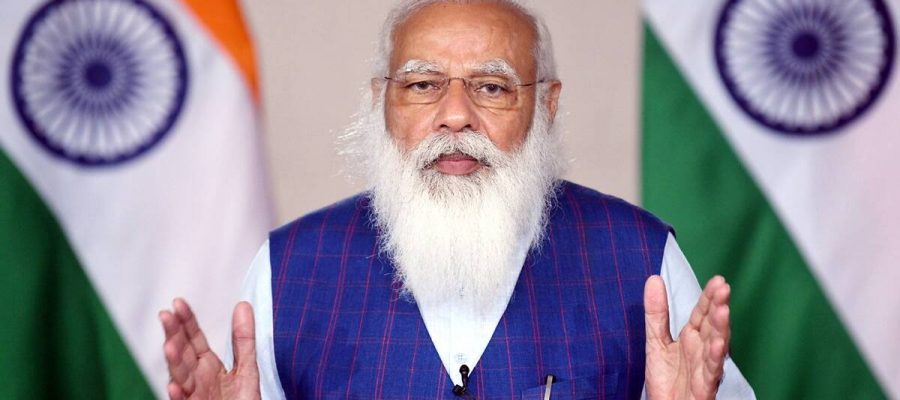The last India-EU summit was also held virtually in July last year, as the summit was deferred due to the Covid-19 outbreak in March last year.
A day after British Prime Minister Boris Johnson’s visit was put off due to the second surge of Covid-19, Prime Minister Narendra Modi’s visit to Portugal for the India-European Union leaders’ summit on May 8 has been cancelled. Instead, the summit will now be held virtually on the same day.
Announcing this on Tuesday, the Ministry of External Affairs’ official spokesperson Arindam Bagchi said on Tuesday, “In view of the COVID-19 situation, it has been decided, in consultation with the EU and Portuguese leadership, to hold the India-EU Leaders’ Meeting in a virtual format on 8 May 2021.”
“The India-EU Leaders’ Meeting in the EU+27 format, the first time that such a meeting is being held, reflects the shared ambition of both sides to further deepen the Strategic Partnership,” said Bagchi.
The last India-EU summit was also held virtually in July last year, as the summit was deferred due to the Covid-19 outbreak in March last year.
The European Union (EU) has just come out with its Indo-Pacific strategy, and India and the EU are expected to restart the India-EU trade deal negotiations next month.
Last year, during the India-EU summit in July, Modi had briefed the European Council president Charles Michel and European Commission president Ursula von der Leyen on the situation along the Line of Actual Control (LAC), including the June 15 clash in Galwan Valley that killed 20 Indian soldiers.
After the 15th India-EU summit over video conference last July, Michel had told reporters, “We had the occasion with the Prime Minister to have some information about this incident.”
On May 8, the leaders will now have the opportunity to discuss multilateral cooperation at the WHO, UNSC and G-20, on issues such as 5G and Artificial Intelligence, maritime security and naval cooperation and connectivity projects in third countries in the Indo-Pacific region. All these elements have a signal to China’s presence in these areas, and indicates growing convergences between Delhi and Brussels.
Source: Read Full Article


